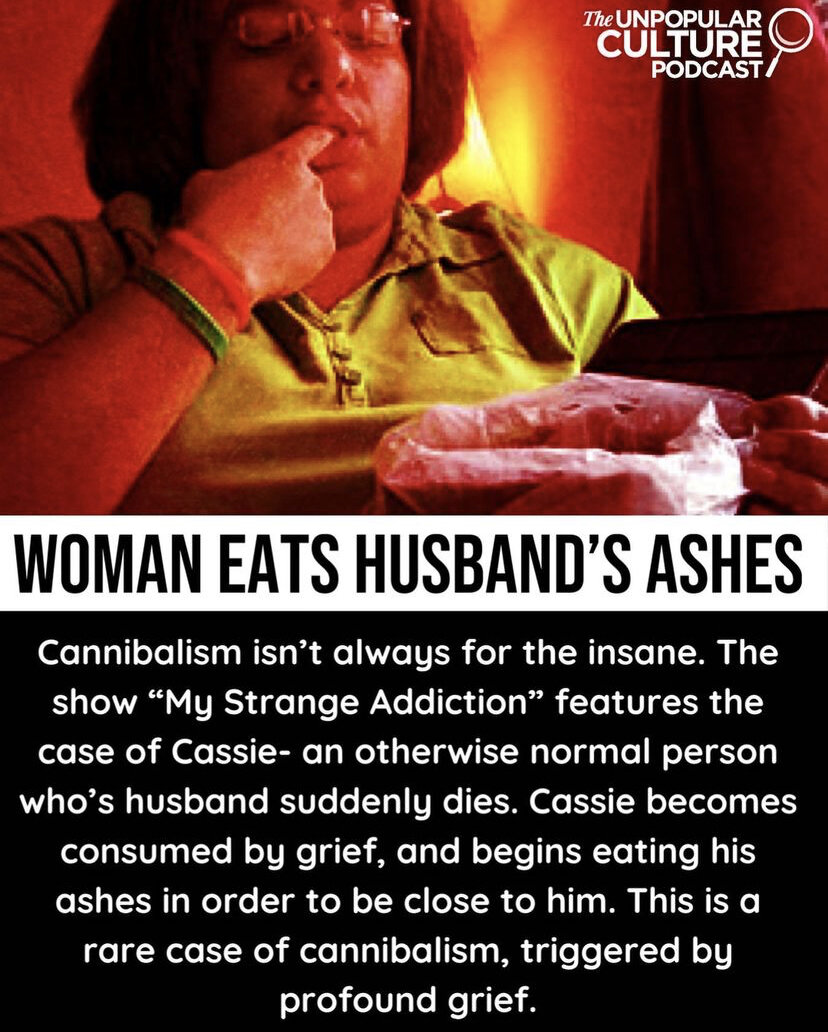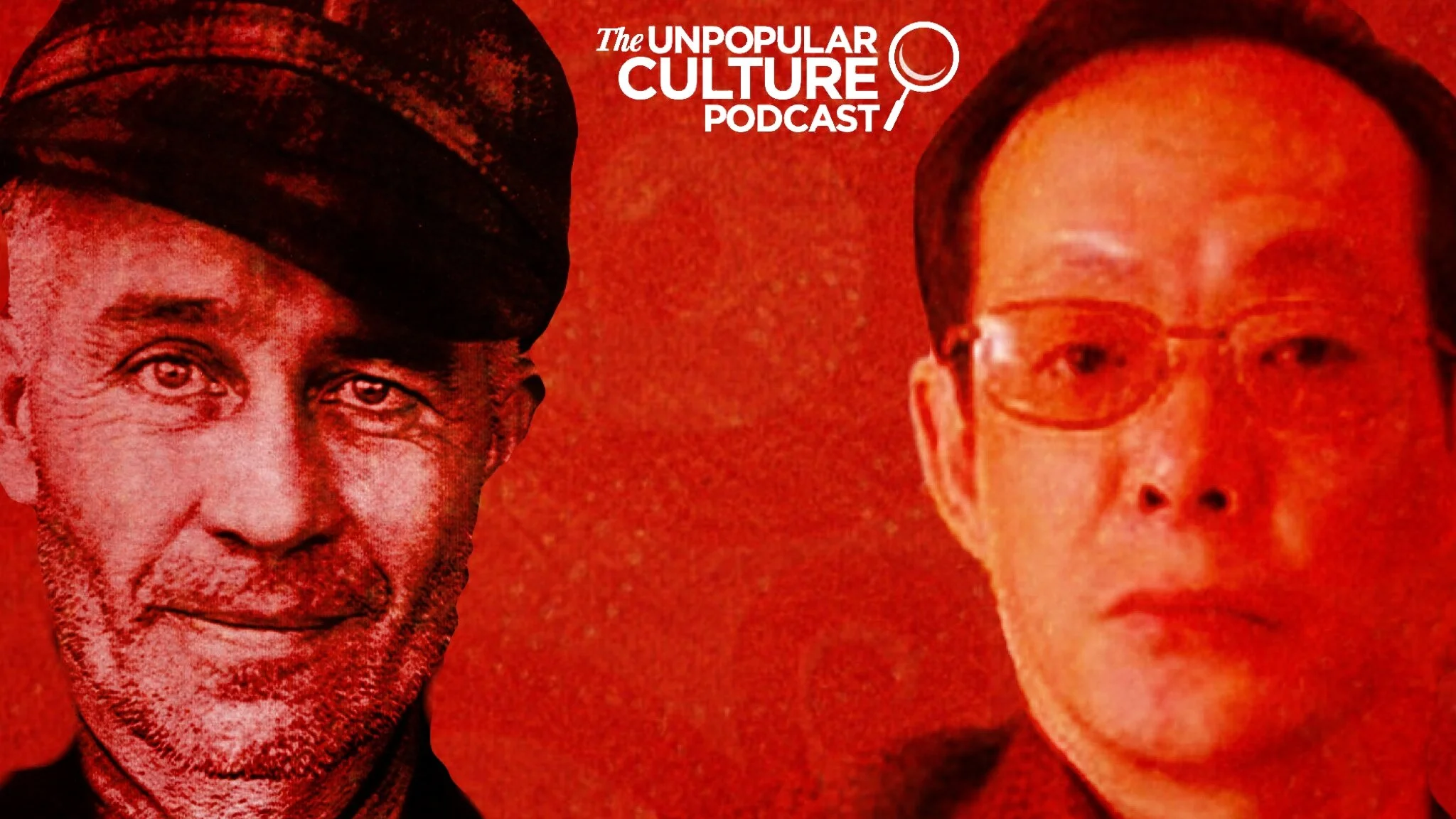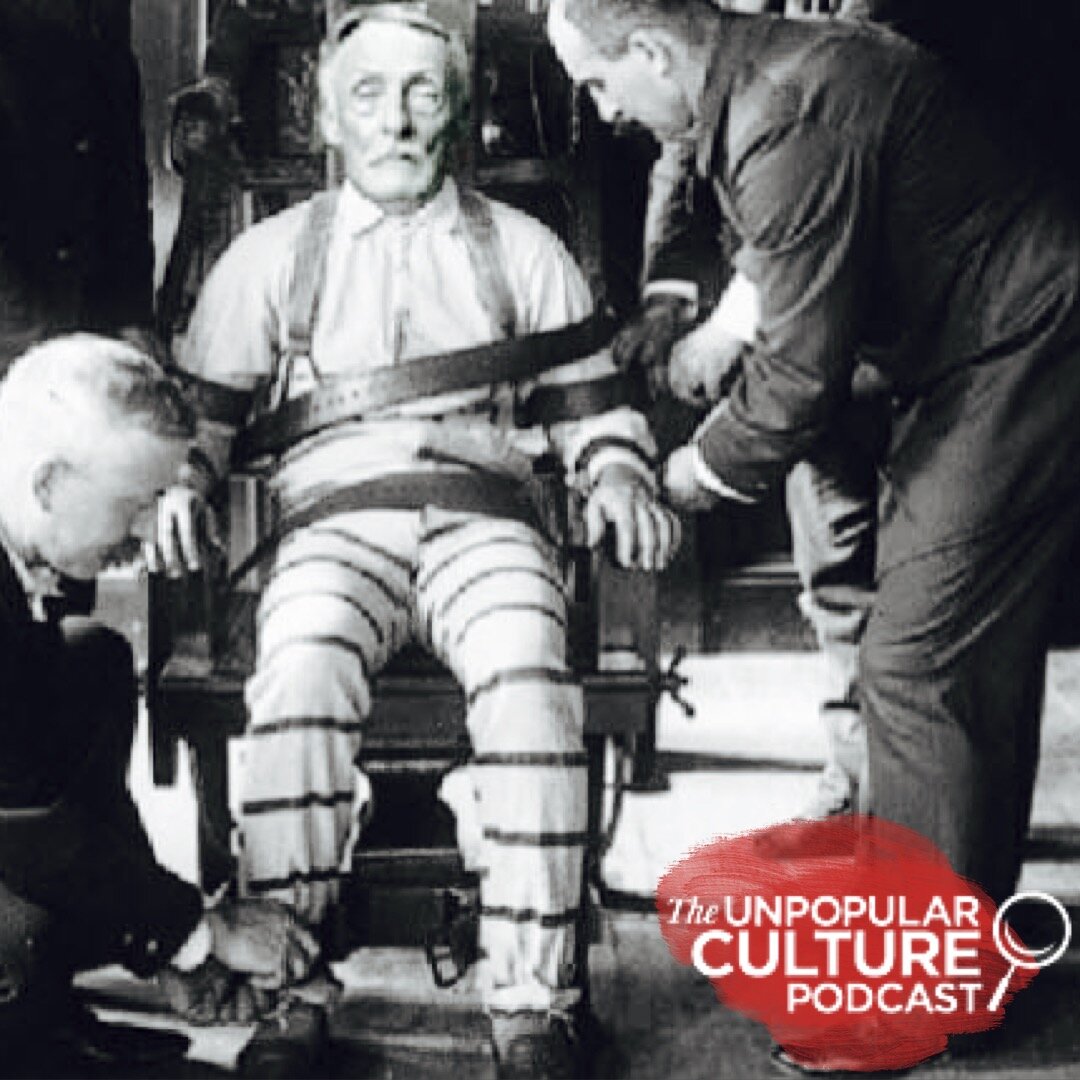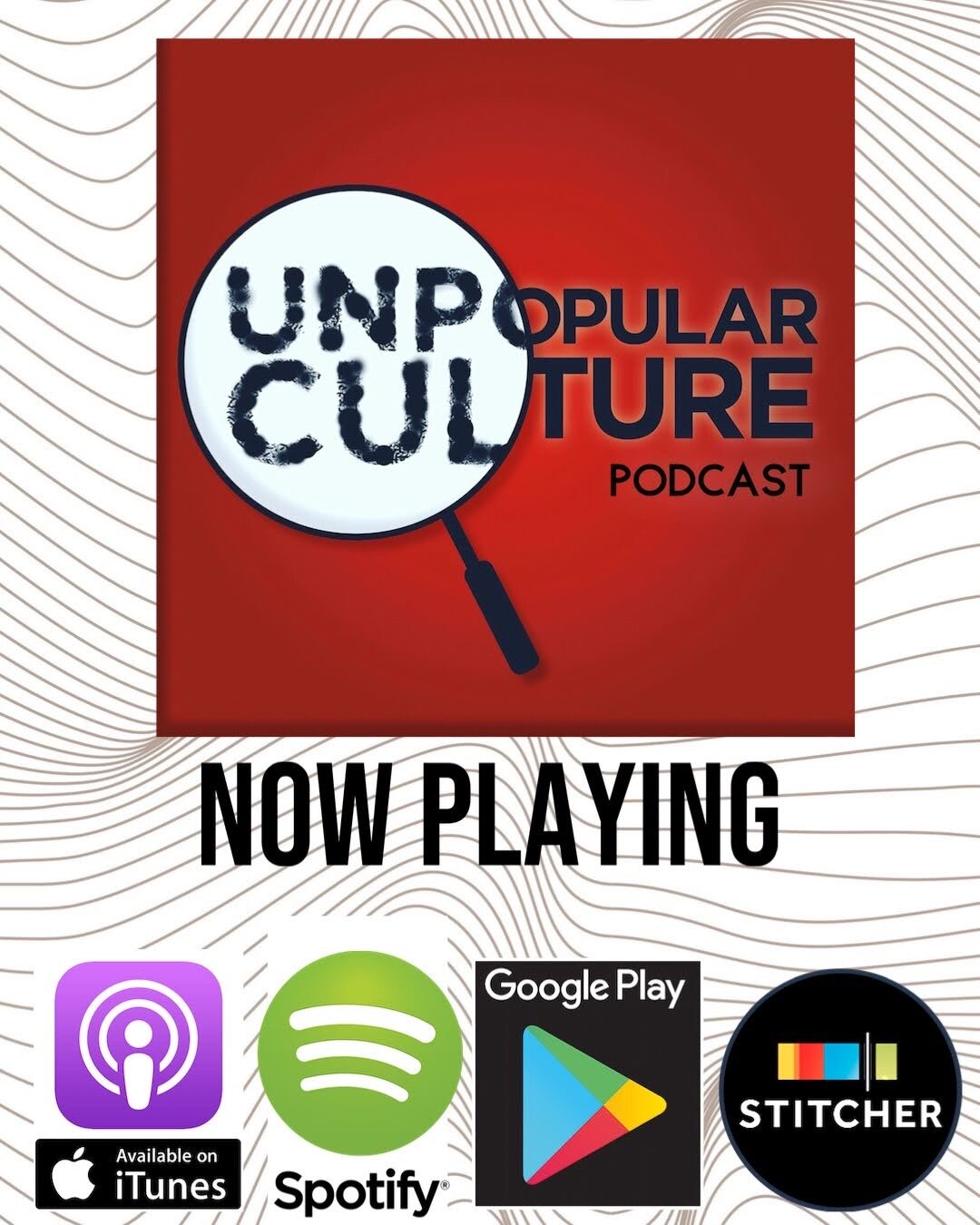👇Watch Below👇
We all know what cannibalism is, but do we know WHY it exists? What drives a person to eat another person? The answers might surprise you. This episode is the first of a series where Prof. Michael Drane explores the many reasons why cannibals exist.
Stay safe out there friends, and we hope you enjoy the show.
If I asked someone to tell me what cannibalism is, I believe most people could. Cannibalism is the act of one animal eating another animal of the same species. Could you tell me why it exists though? In nature, cannibalism is very common—we see it in a variety of species of monkeys, as well as spiders, like the male Tufted Golden Orb Weaver spider. This spider will offer the female one of its legs to snack on it during sex as a way to successfully escape (relatively) uneaten. In a very similar fashion, cannibalistic psychopaths will rationalize their behavior as natural. However, I believe it is fair to assume that most of us would not agree.
There are several reasons cannibalism exists as a condition, namely: survival, culture, and power and control. Cannibalism can be triggered by profound grief, loss or trauma, a confusion of identity (i.e., Ed Gein), or feelings of inferiority (i.e., Issea Sagawa). We also see cannibalism in sexual sadism (i.e., Arnin Meiwes, Jefferey Dahmer & Albert Fish), psychosis (Albert Fish), psychopathic themes of power and thrill (Doranal Vargas), and in psychopathic narcissism (Luka Magnotta).
Cannibalism has been called “The Last Taboo.” It is true that within most cultures, cannibalism is considered taboo. But I would argue that we find cannibalism much more attractive than we realize. There are subliminal themes of cannibalism coursing under the surface of our society. We see it in our descriptions of those we find sexually appealing (you look good enough to eat) or (you’re looking like a snack), and we see it within popular culture, like in zombie or vampire movies. Obviously, this is horrifying when taken literally, but very sexy when used metaphorically. This is another example of how certain mental conditions, like cannibalism, can exist on a spectrum both culturally and sexually. Whether or not you consider cannibalism to be “wrong” depends on your culture. In some areas of the world, it is not taboo or wrong to eat someone, like an enemy or a dead relative. This is also why cannibalism is not in the DSM—it is not culturally prevalent enough to be a mental health diagnosis. Indeed, the vast majority of cannibalism cases are culturally based, unless you are dealing with a diagnosis of some kind of anti-social personality disorder, or a psychotic disorder.
Reason #1: Grief/Loss/Trauma
The first motive for cannibalism is truly unique, and one that should not be confused with psychopathic behavior. This case shows us that it is possible to cannibalize someone you love, because you are grieving their loss. You are suffering from grief and trauma. And have truly lost your way.
My Strange Addiction season 2, episode 8 features the case of Cassie, an otherwise normal person whose husband died suddenly of a severe asthma attack. As Cassie becomes consumed by grief, she begins to consume her dead husband as well. This episode is equally tragic and fascinating because Cassie has no known history of mental illness, or cannibalistic behavior. Restoring to eating her husband’s ashes as a source of comfort, she carries him with her wherever she goes. What started as a coping mechanism transformed into a compulsion, and as she attempts to stay close to her husband, she is paradoxically destroying what is left of him.
Reason #2: Sexual Sadism
Albert Fish
Notoriously known as ‘The Gray Man’, ‘The Werewolf of Wysteria’, the ‘Brooklyn Vampire’, the ‘Moon Maniac’ and ‘The Boogey Man’, Hamilton Howard “Albert” Fish was an American serial killer, child rapist and cannibal. Widely considered the prototype of American psychopathic cannibals, Fish is the most notorious and revolting pedophile, child serial killer and cannibal in American history. Frail, soft, and inconspicuous, Fish looked so unassuming that he easily went unnoticed, which likely helped him get away with his horrendous acts for as long as he did. Throughout his life, Fish confessed to molesting, torturing, murdering, and eating more than 100 children. However, some estimate the number is closer to 400. Once caught, Fish bragged that he had killed and eaten a child in every state of the union. Just before being sentenced to death by electric chair in 1936, Fish said that going to the electric chair would be “the supreme thrill of my life.”
Fish’s pathology begins earlier in life than most people realize. As an orphan, he was regularly beaten by his caretakers, and the children were encouraged to hurt each other. Unlike the other children though, Fish adapted to his abusive situation by accommodating the abuse into something pleasurable. Both trauma and his background factored into Fish’s pathology, but there is also his family’s history of mental illness, as Fish was plagued by mental illness his whole life. His brother was in an asylum, his mother routinely saw visual hallucinations, and his uncle was diagnosed with mania. What really set Fish off though was the trauma of losing his wife.
In January of 1917, in his late 40’s, Fish’s wife left him for John Straube, a handyman who had board with the Fish family. Raising his own children as a single parent, Fish told the newspaper that his wife took everything when she left him. It was after this traumatic event that Fish began hearing voices, and even once wrapped himself in a carpet, believing his was following the instructions of John the Apostle. It’s very common for those with latent or active psychosis to have a worsening of symptoms after stressful or traumatic events. Fish’s increase in psychosis show you that he was emotionally distraught by his wife leaving him, which may have likely replicated the attachment wounds he experienced during early childhood when he was abandoned by his mother at the orphanage. His wife was now abandoning him as well.
In 1924, at the delicate age of 54, Fish felt that God was commanding him to torture and sexually mutilate children. It was also at this time that Fish began to self-harm. He would imbed needles into his groin and abdomen, he repeatedly flogged himself with a nail studded paddle, and he also inserted wool soaked in lighter fluid into his rectum so that he could light it on fire. It was only after he was arrested and x-rayed that it was revealed Fish had at least 29 needles embedded into his pelvic region. Interestingly enough,he reportedly never physically abused or attacked his children. However, he did encourage his children and their friends to paddle his butt with the exact same nail-studded paddle that he used to abuse himself with. You would think that wit Fish having his own young children at home at his dispense, he would have also hurt them. Perhaps Fish saw his children as an extension of himself and wanted to spare them from the same trauma he had endured at their age?
Even more, the command hallucinations from God might explain why he would hang around the barn after he had kidnapped and murdered another child. This move proved to be reckless because he was caught, and it speaks to the level of disoriented he was. If he believed God was truly commanding him to murder, mutilate and torture children, he would also believe he had authority from God to commit these acts, otherwise rendering his actions as holy. This sense of religiosity helped Fish justify his behavior.
Fish’s pathology built slowly over his life, which explains why he started cannibalizing children at the age of 55, one year after he started torturing and murdering them. If 55 was the new 20, Fish would be considered a late bloomer. In 1890, at age 20, Fish arrived in New York City, where he became a prostitute and started raping young boys. At age 28, he worked as a house painter where he would continue to molest children, preferring to target boys younger than the age of six. A turning point in Fish’s pathology appears to be when a male lover of his takes him to a wax museum, where he discovered an anatomical bisection of a male penis that was on display. From this moment on, he became obsessed with sexual mutilation. Fish used a meat cleaver, a hand saw, and a butcher knife. Eventually, he moved on to terrorizing the families of the victims by sending them descriptions of what he had done to the children he kidnapped.
Arnin Meiwes
Also known as the Rotenberg Cannibal, Arnin Meiwes, murdered and cannibalized Bernd Jurgen Brandes after putting out a personal ad asking for someone to be killed and eaten. They met at Meiwes farmhouse where the two had sex, and then Brandes gave Meiwes permission to chop off part of his penis so that they could cook it and it eat together. Meiwes then stabs Brandes to death, hangs him on a meat hook, and consumes 45 pounds of his flesh for up to a year. Even though Meiwes argued in court the sexually sadistic act was consensual, he is found guilty of murder in 2006.
Unlike Fish, in this case, the victim’s pathology is more fascinating than the killers. It’s clear that both men saw this as a chance to act out their ultimate sexual fantasy. Meiwes, a sexual masochist, found his ultimate match in Brandes, a sexual sadist. Meiwes appeared to be working his way through the whole body, as if he had been waiting for this moment for a long time, and wanted to savor the kill. The most fascinating aspect of this case though, for me, is that Meiwes tried to be ethical about the whole thing. Getting Brandes’s permission was a workaround to satiate a desire he desperately craved, but could not socially exercise. What he did not consider, however, was the court’s response to his decision, and how taboo they would find it.
HELP SUPPORT THE SHOW BELOW
Unpopular Culture Podcast is a psychology podcast hosted by Professor & Psychotherapist Michael Drane. With help from professionals in different fields, he seeks to shine light into the broken underbelly of society.
Listen as he takes on the psychology behind subjects like:
True Crime: serial killers, murders, stalkers, cults, forensic analysis
Psychology: mental illness, social phenomenon, mob mentality, psychoanalysis, etc.
Culture: Sexuality, Satanic Panic, love, Tv analysis, movie analysis.
We are an independent psychology podcast. Help us keep UPC free of ads and on the air. Please consider supporting the show and get access to our "Stalkers Only" archive, and help be a part of the creative process.
Support the Show! —> patreon.com/upcpodcast
YOU CAN FOLLOW US HERE OR ANYWHERE YOU FIND AWESOME PODCASTS
SPOTIFY
ITUNES
STITCHER
PLAYERFM
IHEARTRADIO
👇Listen Below👇









